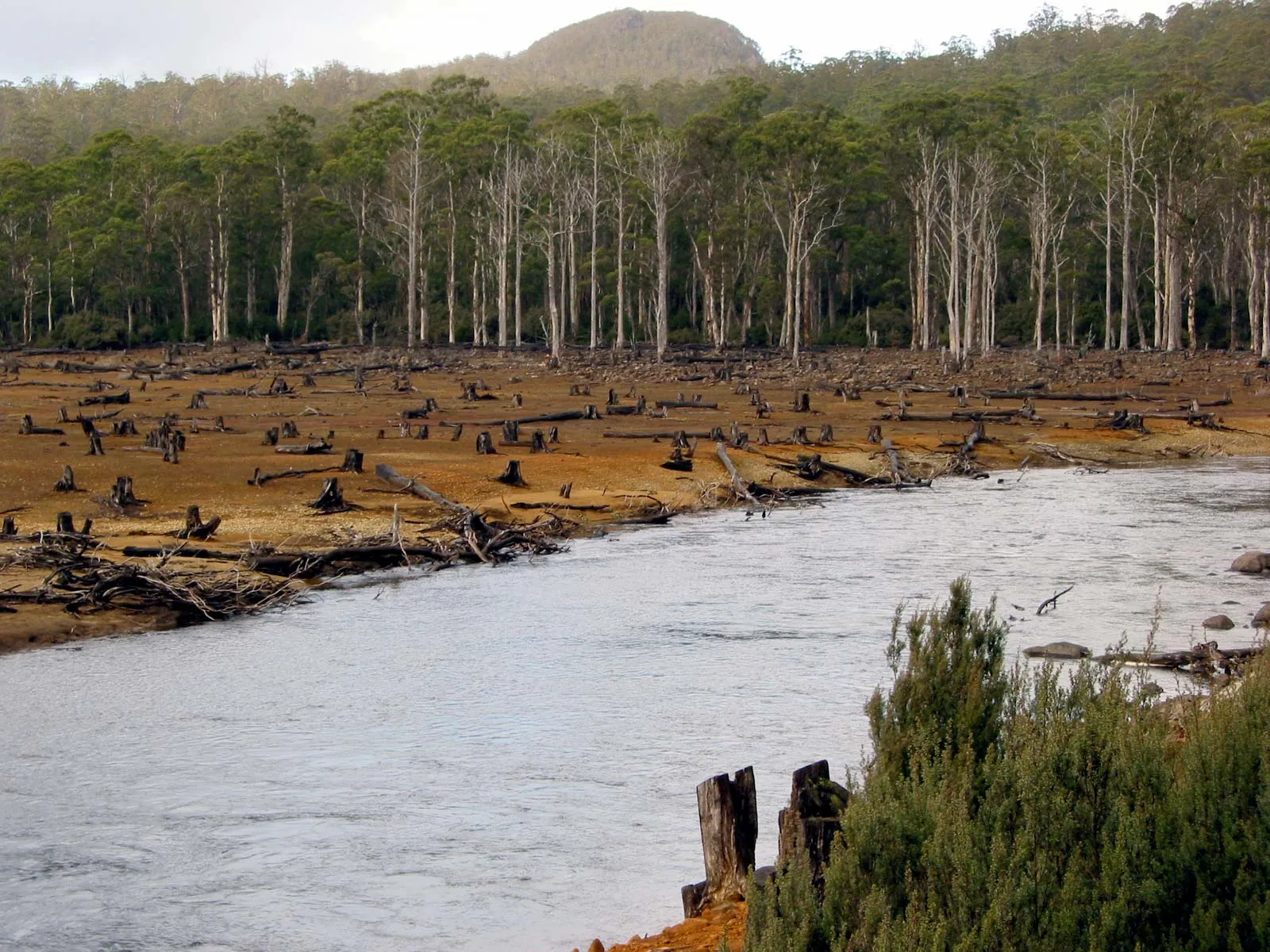ENVIORMENTAL CHALLENGES
ENVIORMENTAL CHALLENGES
Environmental challenges refer to the various issues and threats that our planet faces due to human activities and natural processes. These challenges have far-reaching consequences for ecosystems, biodiversity, and human well-being. Some of the key environmental challenges include:
- Climate Change
- Deforestation
- Pollution
- Over Population
- Waste Management
- Biodiversity Loss
- Water Scarcity
- Ocean Acidification
- Soil Degradation
- Energy Conception
9. Soil Degradation
Soil degradation refers to the decline in soil quality and fertility due to natural processes or human activities. It poses significant challenges to agriculture, food security, and the environment, as healthy soil is essential for growing crops, storing carbon, and supporting ecosystems.
Eg : Deforestation, Overgrazing, Mining, Climate Change, Etc..
10. Energy Conception
Energy consumption refers to the amount of energy used by individuals, households, industries, and nations for various activities, including transportation, heating, electricity, and manufacturing. Understanding energy consumption is essential for addressing issues like energy security, economic growth, and environmental sustainability.
Eg : Population Growth, Economic Growth, Industrialization, Etc..














Comments
Post a Comment